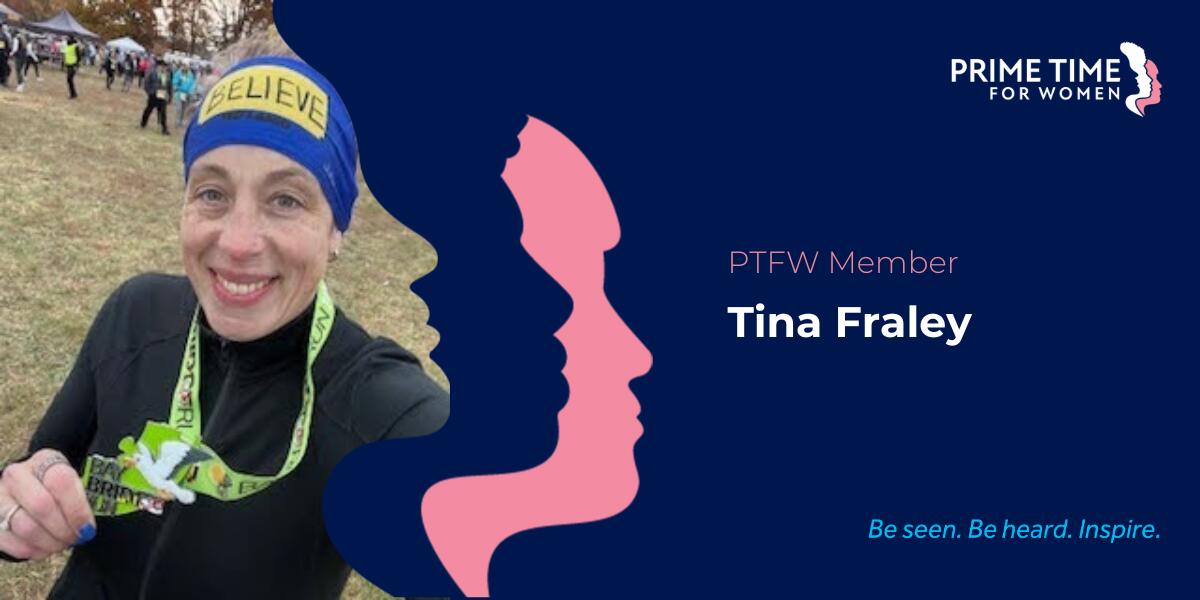I am thrilled to announce that on March 6, 2026, PTFW will host its 3rd…

Let’s Put People Before Politics
If you’re uneasy talking politics these days you’re not alone. If you support a candidate who is despised by the people around you, prompting you to keep your mouth shut, you’re in good company. If you have a sense of dread about sitting down with family members at Thanksgiving in the aftermath of a contentious election and vote counting process, join the club.
Millions of Americans have been burned by stating a political opinion only to have it immediately trounced upon by others who not only disagree, but also disapprove. No wonder we’re becoming more trusting of and comfortable with our fellow liberals or conservatives than with our own family and friends. This political tribalism is causing disruptions in public meetings, work settings, book groups, and family gatherings. Believing that avoiding conflict is the solution, many employers have banned political conversations at work. Book groups are choosing only “safe” titles. And families like my own (disclosure: Bernadette Wagner is my sister) are happily getting together for weekend barbeques and celebrated occasions while internally observing a careful calculation about what can be said about the events in our country and to whom.
This isn’t good.
Yes, it’s comforting to hang out with like-minded others and to avoid the frustration and hard feelings of political conversations. But it’s also dangerous. Research shows we are increasingly prioritizing our political perspective in how we think of ourselves, i.e., our “identity.” Simultaneously our views about the opinions of people in the other party are also changing. We tend to think those opinions are more extreme than they actually are, which may be part of the reason we are also growing in our dislike and distrust of people in the other party. We’re in a cycle where we retreat from meaningful engagement with the other side, which causes our perceived threat to go up, which causes further retreat, and so on. We’re dividing ourselves into separate spheres, leaving us vulnerable to domestic unrest and delighting our foreign adversaries.
There are many external forces causing our distorted perceptions, from mis- and disinformation campaigns to a fragmented media environment to the sheer volume of information coming at us, all of them outside our control. The one thing we do have control of, though, is whether we choose to retreat or engage. The former is easy and the latter hard. Experience has probably taught all of us that political conversations with the other side just don’t work. Voices raise. Tempers flare. Relationships strain. We grow weary of feeling attacked. Or we want to avoid making a scene or hurting someone’s feelings. Our solution is to just not go there, to substitute the illusion of peace for the soul-satisfying experience of mutual understanding. I believe the main reason we avoid political conversations is we don’t feel safe. And we don’t feel safe because we don’t know how. We’re too quick to interrupt, attack, or defend and too slow to listen and reflect. We approach motivated by persuasion rather than curiosity. Fortunately, there are hundreds of organizations and nonprofits ready to teach us the learnable skills that can improve our ability to have conversations across the political divide. One that rises to the top is Braver Angels, which has a wide range of skill- building workshops and other resources to equip us to be more effective in our citizenship.
Perhaps you share my concern about the partisan divide in our country, our friendships, and our families. If so, I hope you might also share my belief that individual people have it within their power to do something about it. Check out Braver Angels and other bridgebuilding organizations. Build your skills to have the hard, brave conversations that America needs.


